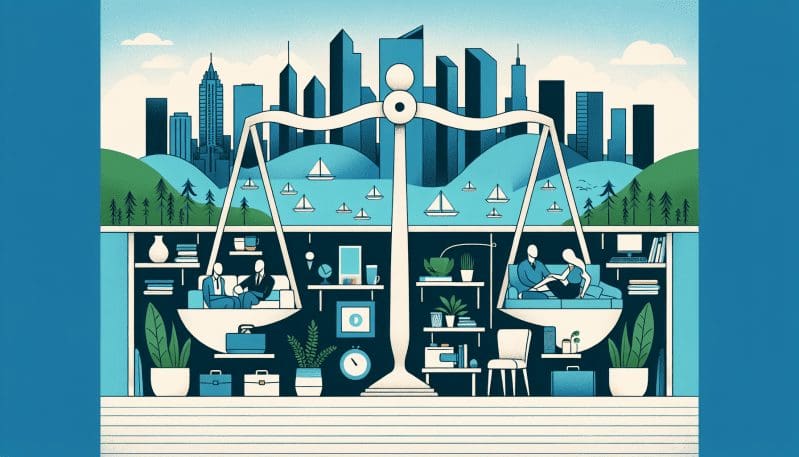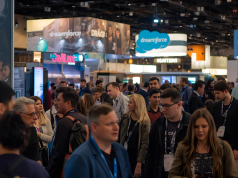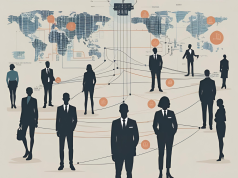In the wake of the COVID-19 pandemic, the workplace has undergone a seismic shift. The sudden necessity for remote work sparked a global experiment, triggering a ‘Great Reassessment’ of our work-life equation. As an Organizational Psychologist, I’ve witnessed first-hand the transformation of the New York job market—a microcosm of a worldwide phenomenon. But what do these changes mean for employers and employees in the city that never sleeps, and how can both parties navigate this new terrain successfully?
Employers now face the challenge of designing jobs that not only draw top talent but also retain it. The ‘Great Resignation’ signaled a profound change in worker priorities. Salary remains important, but equally, employees are seeking roles that provide a greater sense of purpose, flexibility, and work-life harmony. Companies must respond by creating roles that align more closely with these evolved expectations. This could mean re-evaluating work schedules, providing opportunities for remote work, or investing in employee development.
For workers, the reassessment presents an opportunity to recalibrate their professional paths. New Yorkers are famous for their hustle, but many are now questioning the toll that long hours and high stress take on their well-being. Workers are seeking roles that allow them time to pursue passions, be with family, or simply relax. As such, they’re advocating for themselves, negotiating not just for higher pay but also for better working conditions.
Remote work, once a perk, has become a staple. Its rise has not only changed where we work but how we work. The traditional 9-5 is giving way to asynchronous work hours, which offer employees the chance to design their work schedules around their lives, rather than vice versa. This shift requires a new type of management, one that’s built on trust and measures performance by output rather than hours logged.
However, the digital age comes with its own set of challenges. ‘Digital burnout’ is a growing concern, with employees feeling the pressure to be constantly connected. Organizations must recognize the signs and implement strategies to combat this, whether that’s encouraging digital detoxes or setting boundaries around communication.
Organizational psychology plays a pivotal role in adapting workplaces to these changes. By understanding human behavior, psychologists can help organizations create environments that foster employee well-being. For example, by using motivational theories to craft meaningful work, or applying principles of cognitive ergonomics to design workspaces that reduce fatigue.
Lastly, mental health has become a central component of the conversation. The pandemic highlighted the importance of psychological well-being, and employees are now expecting employers to take it seriously. From providing access to mental health resources to integrating wellness practices into the workday, companies must address these needs head-on.
In conclusion, the post-pandemic era is a time of opportunities and challenges for both employers and employees in New York and beyond. The ‘Great Reassessment’ has led to a redefined work-life equation, one where success is measured not just in dollars but in satisfaction and well-being. Organizations willing to adapt to these new expectations will not only thrive in attracting and retaining talent but also contribute to a healthier, more productive workforce. As we continue to navigate these uncharted waters, one thing is certain: the world of work will never be the same again.




























